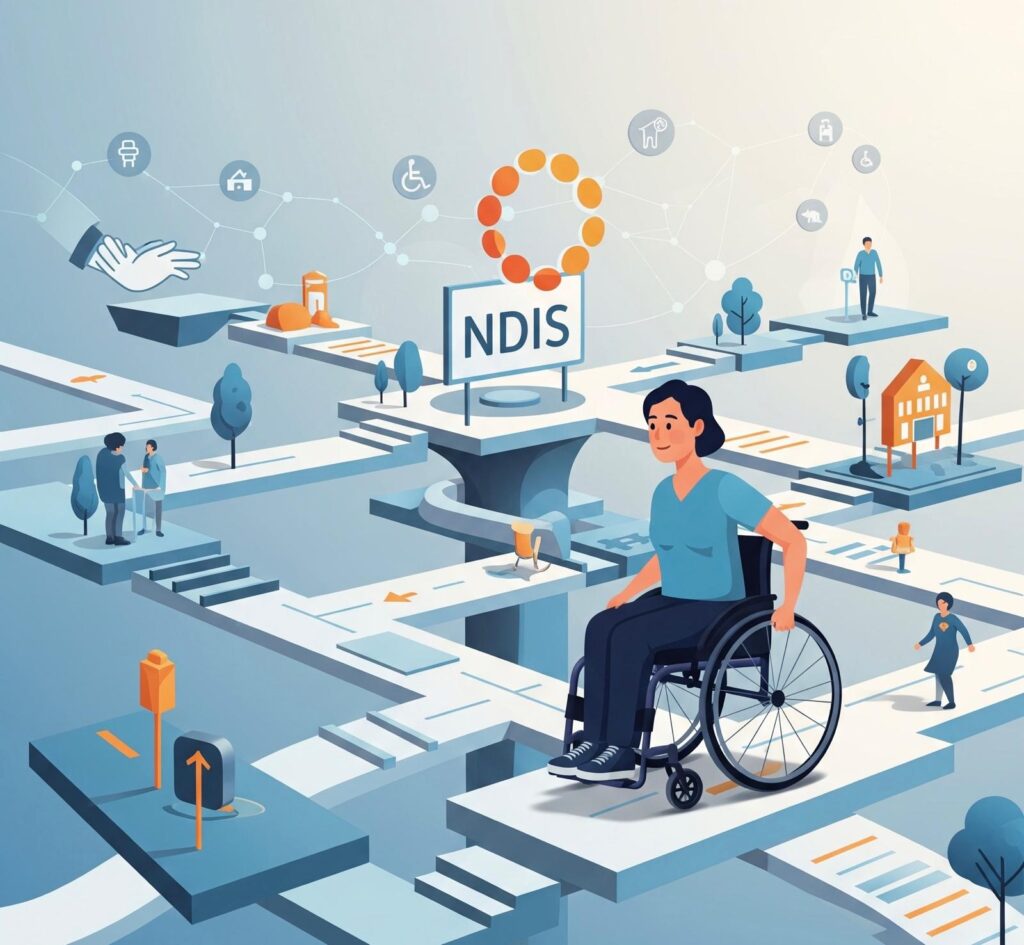By Therapy Near Me | August 2025
Wondering whether your infant might be gifted? While formal IQ testing is not accurate until school age, research points to early behaviors—in attention, learning pace, and response to stimulation—that may indicate advanced potential.
Signs of Giftedness in Infancy
1. Fast Habituation & Novelty Preference
Gifted infants often recognize novelty quickly and become bored rapidly with repetitive stimulation. Distinguished early researchers found that babies who habituated faster and preferred new stimuli were more likely to score as gifted on later IQ tests .
2. Intense Alertness & Sustained Focus
Reports from early childhood research highlight that some babies display heightened alertness, strong attention spans, early intentionality, and advanced motor control—often noticeable soon after birth .
3. Early Developmental Milestones
Although milestones vary, some gifted infants sit, crawl, or display purposeful interactions earlier than average. Observing consistent, not sporadic, advanced behavior is key .
4. Precocious Language & Curiosity
Gifted children often talk earlier and develop richer vocabularies in toddler or preschool years—but nearly all gifted children can demonstrate intense curiosity well before that .
5. Advanced Reasoning Capacities
Seminal studies like Wynn’s 1992 research show that 5-month-olds can perform basic arithmetic operations—suggesting some cognitive abilities emerge very early .
Theoretical Context: Giftedness as Developmental Potential
Contemporary theories (e.g., Gagné’s Differentiated Model) view giftedness not as fixed IQ but as natural potential that evolves through opportunity, environment, and personal motivation . Frontiers reviews emphasize that giftedness has cognitive, social, and emotional dimensions evident even in early development .
What Early Signs Mean—and Don’t Mean
- Not definitive. Early traits may hint at future giftedness but are not conclusive.
- Avoid label pressure. Overemphasis on testing too early can detract from organic exploration and play.
- Nurturing matters. Environment, education, and emotional support play crucial roles in helping potential unfold (Gagné’s model) .
What Parents Can Do
- Observe thoughtfully—note consistent curiosity, attention spans, novelty preferences, and early communication.
- Provide rich, responsive environments—use language, books, musical sounds, and open-ended toys.
- Embrace developmental balance—include physical activity, social play, and downtime along with stimulation.
- Document over time—save early highlights to share with educators or psychologists when needed.
- Delay formal testing—most assessments are reliable only from ages 5–8 .
Keywords
signs of gifted baby, gifted infant indicators, early giftedness signs, is my baby gifted, giftedness development research, gifted baby traits, early gifted child signs, baby IQ myths, nurturing gifted potential infant, gifted child infancy tips
References
“5 Characteristics of a Gifted Baby” (Meanwhile content) Verywell Family (2006) .
Australian Gifted Support Centre (2014) “Early Signs of Giftedness” .
Parents.com (2024) “Can IQ Tests for Kids Show Giftedness?” .
Verywell Family (2006) “Gifted Children and Language Development” .
Wynn, K. (1992) “Addition and subtraction by human infants” (Nature) .
Wikipedia contributors (2025) “Intellectual giftedness” .
Kuznetsova, E., et al. (2024) “Giftedness identification … systematic review”, Frontiers in Psychology .
SpringerLink (2020) “Giftedness in the Early Years” .








